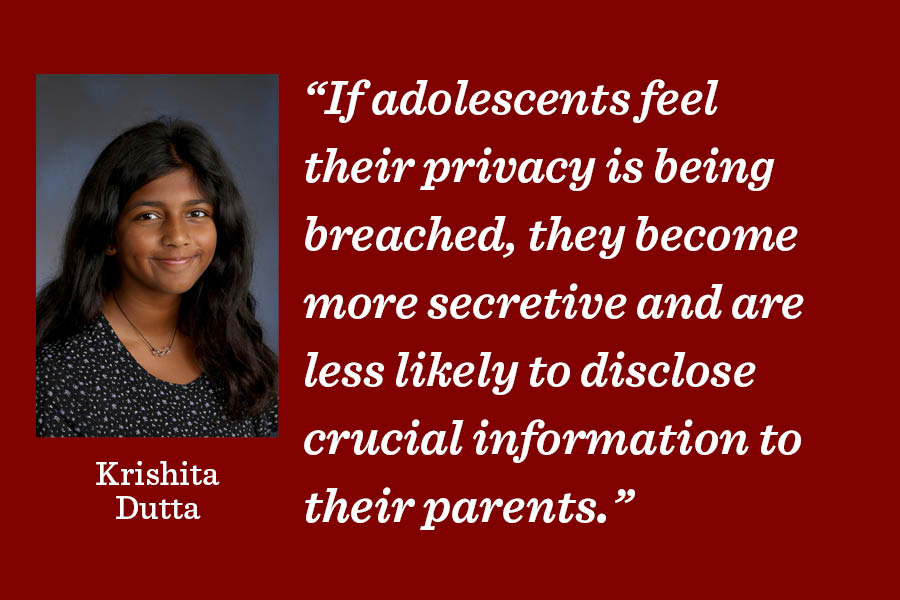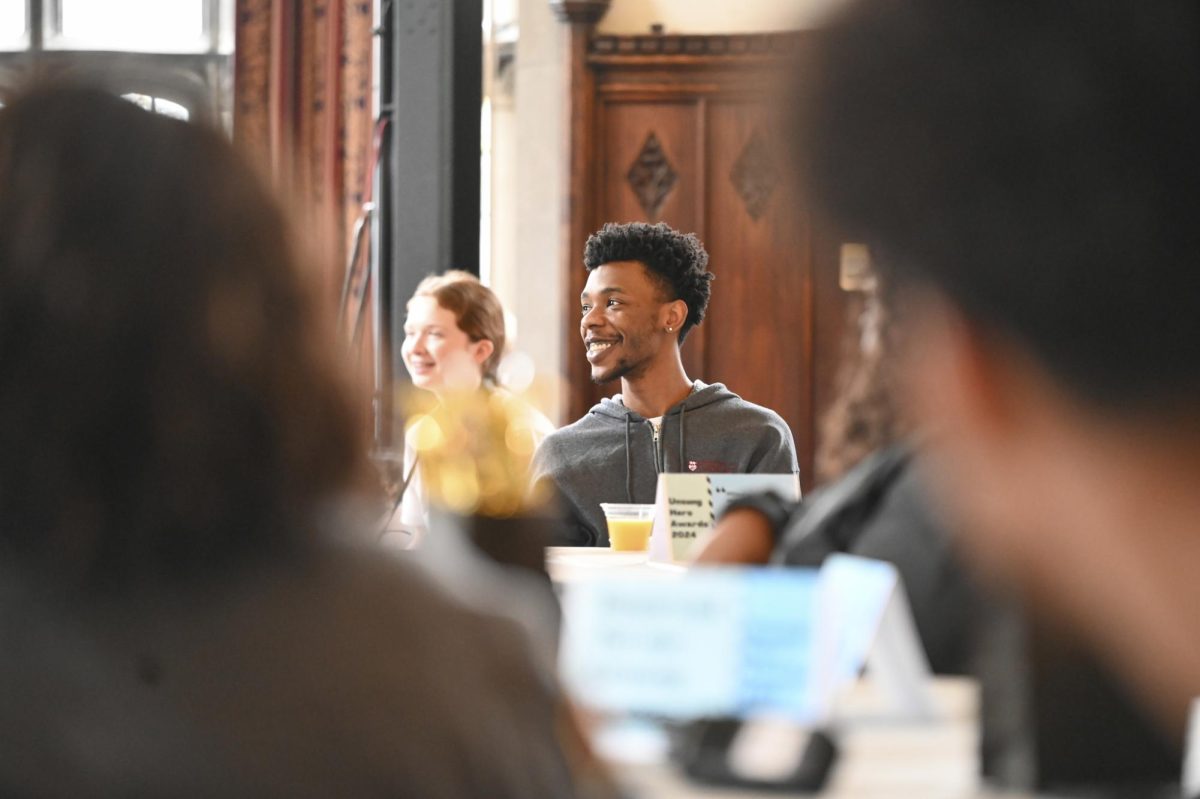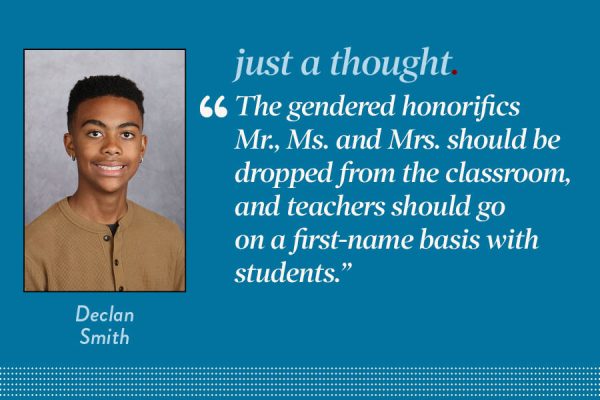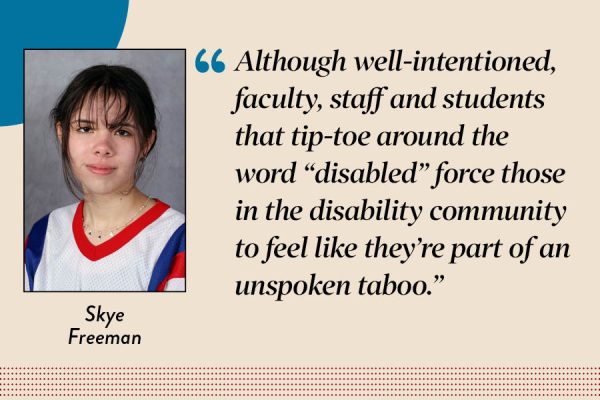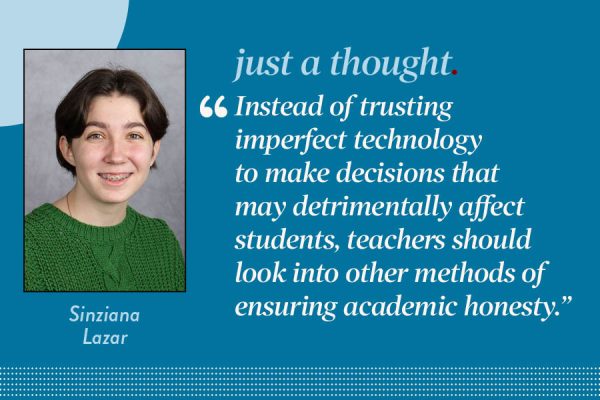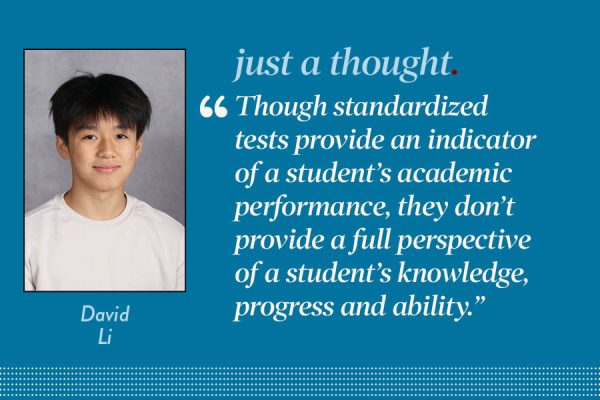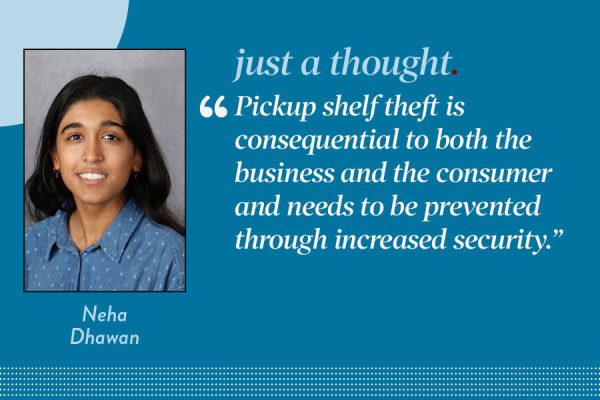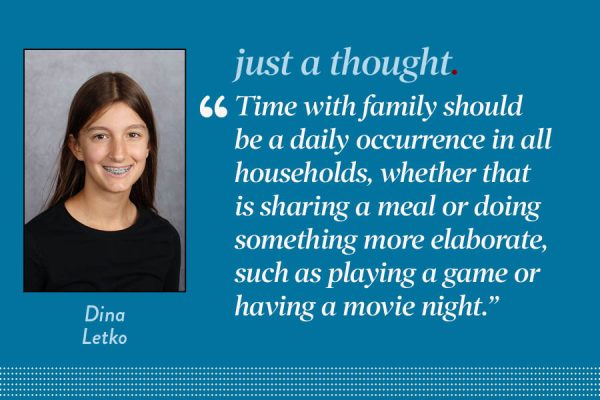Parents should respect student privacy to build trust
April 15, 2020
Clouds of snow soar rapidly through the air as a 17-year-old glues her eyes on the road during a 45-minute drive across town, back from school. She breaks to halt at the red light, and a notification pops up on the top of her phone. Back at home, her mom tracks her location on one of the several monitoring applications she uses for her daughter. Already used to the daily beeps the apps notify her with, she carries on with her long drive.
Parents should not normalize constant contact with their children through monitoring applications. The most common use of these applications is to track location — alongside other features they provide, such as insight on phone usage and call logs.
It is true, of course, that teenagers today are generally prone to danger. A whopping 17,321 teen drivers in Pennsylvania alone were involved in crashes, according to Edgar Snyder & Associates, a personal injury and workers’ compensation law firm. The 1.3 million downloads of one of the most popular monitoring apps, Life360, point to signs that parents believe it’s best to stay safe as a precaution for the worst possibilities.
However, tracking teenagers in most cases simply encourages teenagers to be more reckless. If adolescents feel their privacy is being breached, they become more secretive and are less likely to disclose crucial information to their parents, as found by a 2015 study conducted on parental involvement in a teen’s online world, published in the Journal of the Association for Information Science and Technology. The teenagers were able to tolerate the parents’ requests, but as it progressively increased, they believed it had crossed a line. Several teenagers reported leaving their phones in places where it could not be tracked.
Furthermore, location tracking can significantly damage the relationship between parents and teenagers. According to a 2018 study by the University of Central Florida, 76% of teenagers gave monitoring apps available on the App Store a single star, and the majority noted that these apps were eroding their relationships with their parents. If teenagers sense a decrease in trust on behalf of their parents, they end up putting up walls among their families. The result of reduced clear communication slowly chips away at their relationship.
Normalizing constant contact means that when it is lost, parents dive into panic mode, allowing the monitoring apps to turn into an anxiety-machine. A 2018 study conducted by a student at Miami University on the effects of overprotective parenting on mothers indicated that continuous surveillance generally causes heightened feelings of stress, anxiety, and depression. A culture of fear induced by the parents only serves to further prolong fear. Teenagers are then raised to be afraid of their environment, carrying that anxiety into their future. A 2016 study held by the Pew Research Center showed that parents who begin using monitoring apps develop an addiction to those apps that they believe will put them at ease. Not only does the addiction to the apps increase, but so does anxiety in both parents and children.
Unceasing supervision over teenager’s actions with the use of monitoring apps is wrong and should not be normalized.
Parents and teenagers should work collaboratively to set parameters for ensuring their safety. While privacy needs vary by individuals, a healthy relationship would ensure that parents refrain from snooping through their child’s personal life without consent, and children ensure that they meet their parent’s expectations of staying safe and in contact with them. A 16-year-old reported coming to a settlement with his parents to use Find My iPhone as a safety net, which allowed for a healthy, non-overbearing form of contact with his parents.
Children should explain their privacy needs, and parents explain their call for peace of mind – arriving at a compromise that eliminates the redundant use of monitoring applications. Through collaboration, children can stay safe, and parents can maintain a loving relationship while fostering their child’s independence.



